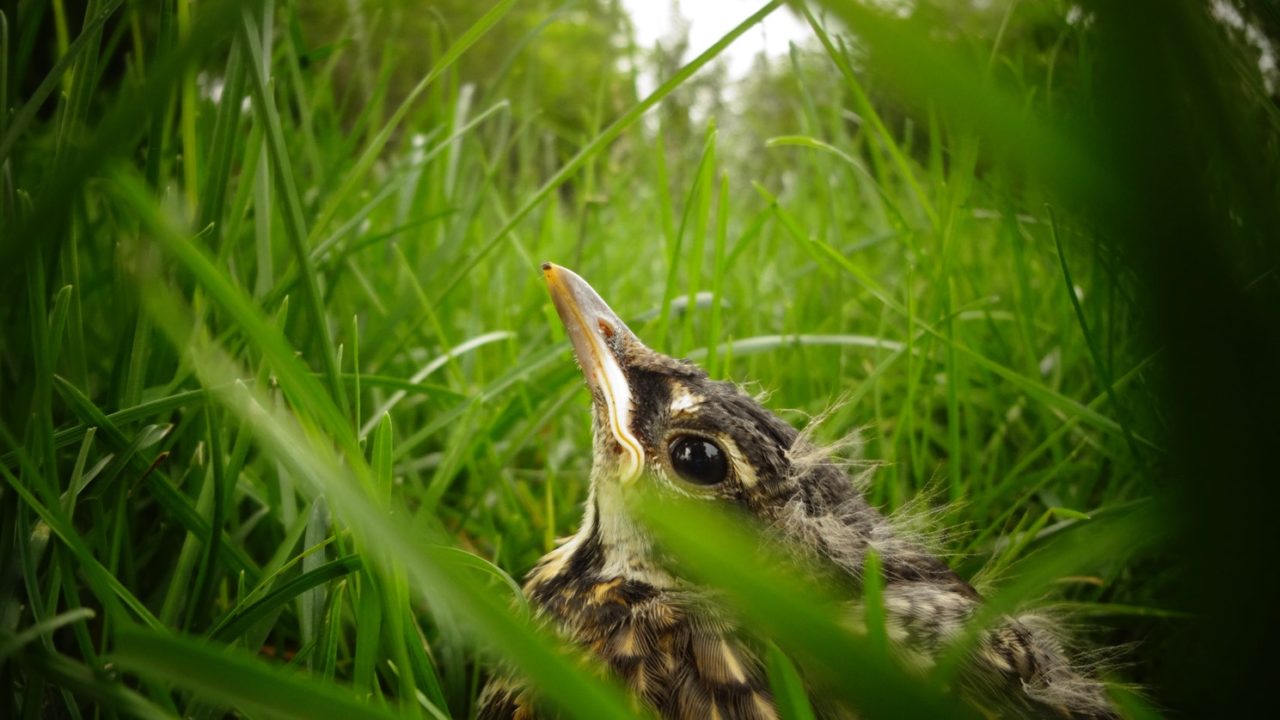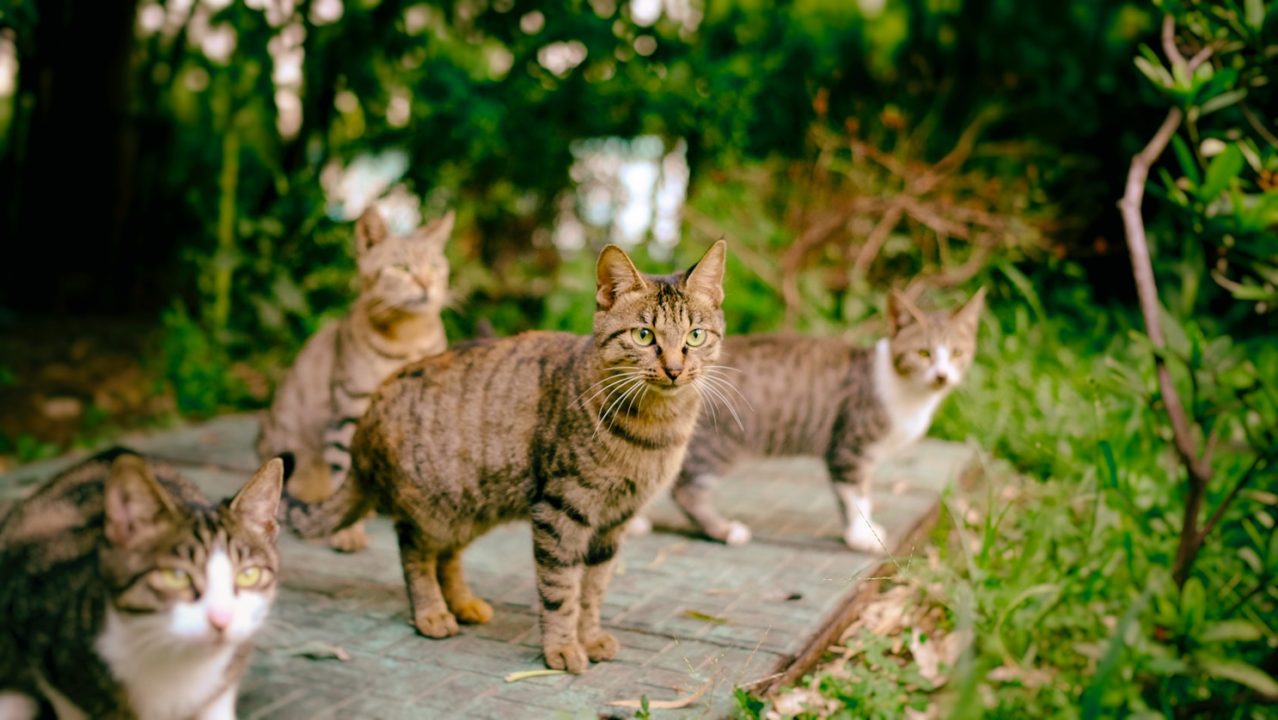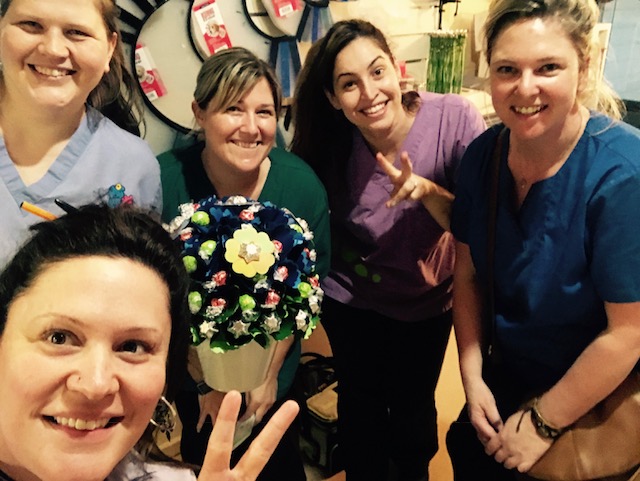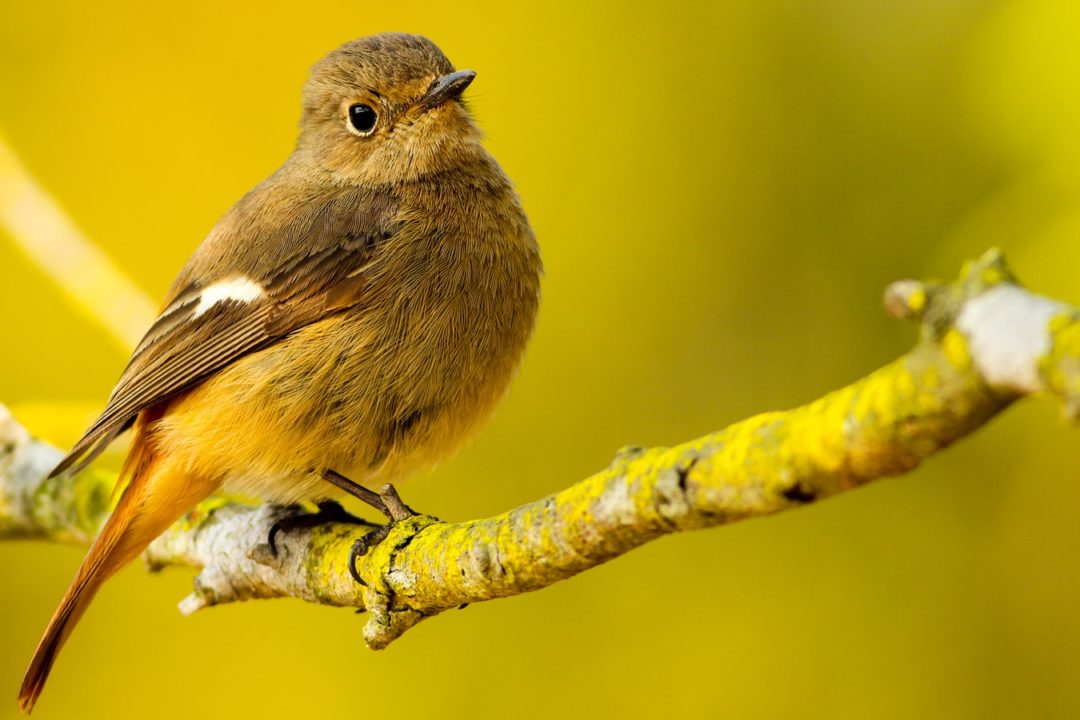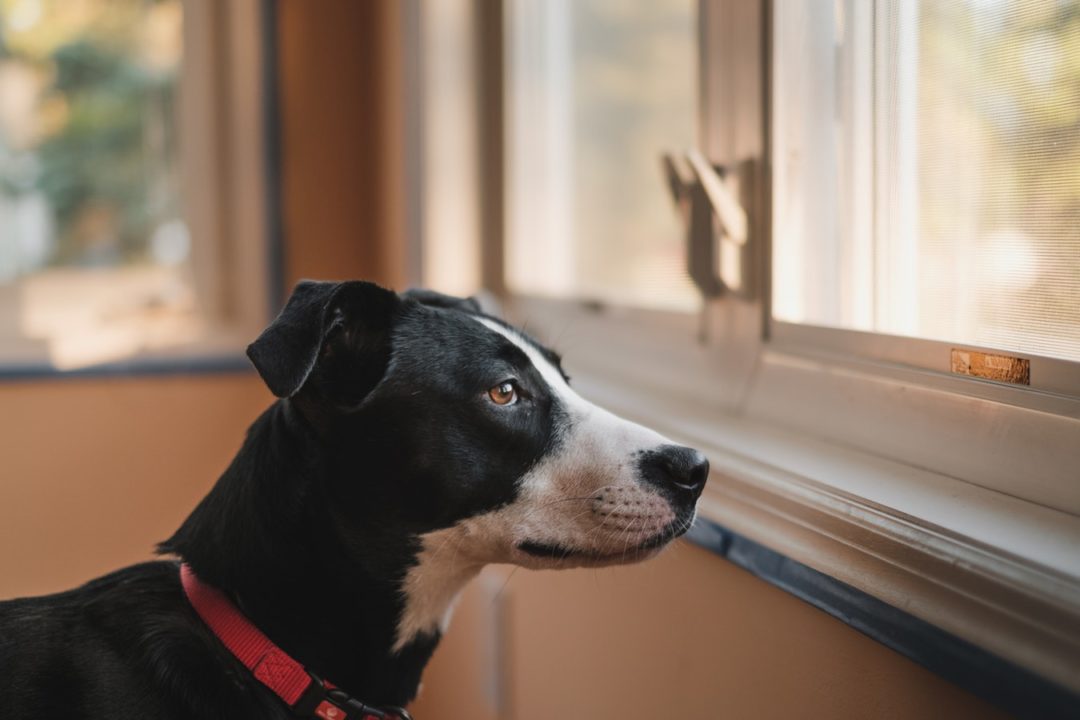Tips On How To Care For Pets During Summer
What’s not to love about Summer? Warmer weather, ice cream by the beach, simply enjoying the Summer sun… unfortunately, the ‘Summer sun’ can also be harmful to our beloved pets, just as it can be to people. We have broken down our top tips on how to keep your pet cool and protected during summer.
Avoid Hyperthermia and Heatstroke:
When Summer rolls around, it’s vital to keep an eye on your pet because the heat that can affect them the most. If your pet is kept out in the sun for too long or in an enclosed hot environment (like cars), they can fall victim to hyperthermia. What is Hyperthermia? In simple terms, it is when the body produces more heat, as opposed to hypothermia where the body loses heat.
This is simply due to the fact that animals can overwhelm themselves by trying to cool themselves down but in effect, they can actually exert more heat. This makes them vulnerable to heatstroke very quickly.
In order to help prevent hyperthermia and heatstroke, try cooling your pet down with a garden hose, a kid’s pool or by leaving ice cubes in their water bowl during the day. If an emergency occurs, contact your local Pet Doctor as soon as possible for any further information and advice.
Vaccinations and Health Checks:
Since your pet is likely going to be outdoors, where there is an array of bugs, diseases and other wildlife that may not be so friendly, it is important that they are protected to avoid any serious harm. This can be done by taking your pet to Pet Doctor Woodville or West Lakes to get up-to-date with its vaccinations and for regular health checks. Regular vet visits will help us look out for any medical conditions that could occur to determine which patients are more susceptible to illnesses in the warmer weather and ways to prevent them.
How To Help Your Pet Get The Most Out Of Summer:
- Hydration: Leave lots of cold, clean water out for them to enjoy.
- Shelter: Make sure there are multiple shady spots that allow breezes or allow them to stay inside the house with sufficient cooling.
- Exercise: Keep them healthy but be sure to do so early in the morning or later in the evening when the weather is cooler.
Each pet is different so make sure you take time to understand them and do your research to ensure that your pet is in for a fun and safe summer ahead.




